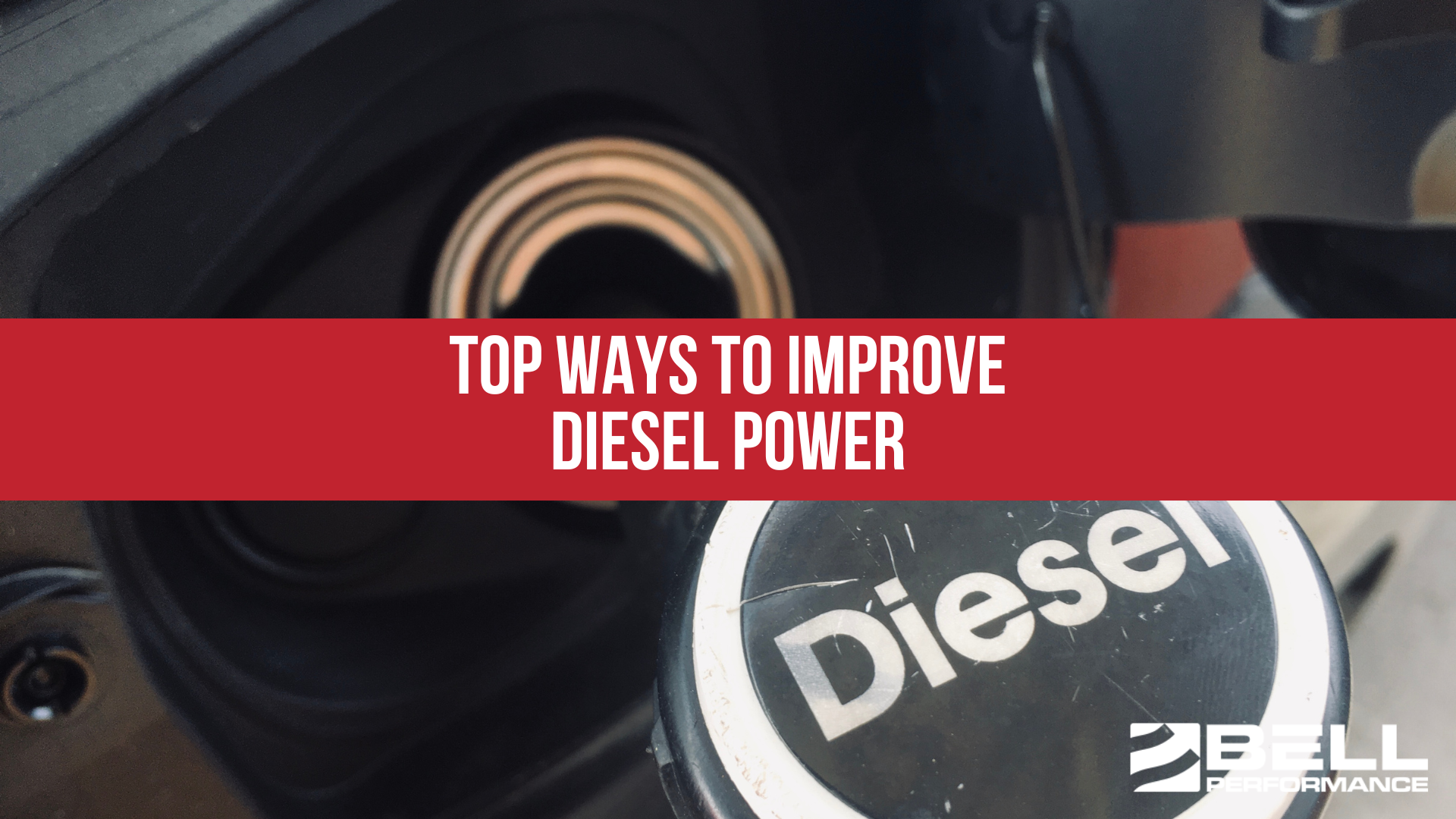Diesel Cetane Improvers: Busting Myths
Having the right cetane value in your diesel fuel can be the difference between a good driving experience and a poor one. But even some of the best...

You have a diesel engine and it just doesn’t seem to be running right. Maybe it’s a little rough. It could be noisier than usual. It doesn’t seem to have the power it had before. Even more starkly, maybe you have a diesel generator that is hard to start, and when it does start, it’s making too much black smoke.
Diesel engines are more complicated than ever, especially with the arrival of the modern common rail diesel engines in the last ten years So the answers to why your diesel isn’t running like it used to aren’t always simple or cut-and-dried. But if you’re going to start somewhere, you would want to make sure you’re using diesel fuel with the right cetane rating for your particular engine.
Cetane, while technically a kind of hydrocarbon molecule (kind of like octane is an 8-carbon chain molecule), is also an index rating – an expression of how well that diesel fuel burns in a typical engine.
The cetane rating, often referred to as cetane number, is a measure of the combustion quality of diesel fuel during compression ignition in the engine. The cetane number reflects how quickly and efficiently the diesel fuel will ignite in the engine's combustion chamber.
A higher cetane number signifies that the fuel ignites more readily when sprayed into hot compressed air during the fuel injection cycle. This results in better starting performance, smoother engine operation, less engine noise, and fewer emissions.
Use diesel fuel with too low of a rating, and the engine is going to run more roughly and without adequate power. An inadequate diesel fuel cetane rating means the diesel fuel isn’t going to combust quickly enough in that engine. So the engine doesn’t run as well as it should. It's the opposite of octane in gasoline. Gasoline with poor octane rating burns TOO quickly (which is why they call it pre-detonation). Diesel fuel with poor cetane rating burns too slowly, which can lead to poor engine performance, increased emissions, and greater engine noise.
Fortunately, there are easy ways to boost cetane in diesel fuel. All of them involve adding something to the fuel with a higher cetane rating than the fuel has by itself. Since the cetane rating is an average of the cetane ratings of all the individual components of the diesel fuel, this makes sense. Adding more of a higher cetane component increases the fuel’s overall cetane rating.
What rating should you shoot for? While 40 is the minimum rating for diesel fuel sold in the United States, 45 is the de facto floor for the majority of diesel engines to run well. And some diesel engines prefer a rating closer to 50.
If you suspect your diesel fuel’s cetane rating isn’t high enough, there are options to boost it. Some options are better than others. If you search on the internet, you’ll find no shortage of message board posts from backyard mechanics talking about how they’ve been adding toluene to their fuel for years with great results. Or dimethyl ether. Or something else.
The industry standard for cetane improver is 2-ethyl hexyl nitrate. Not only is it effective at raising the diesel cetane rating, but it doesn’t cause problems in the engine or harm engine materials.
The one thing you want to watch out for with cetane improvers is a similar problem that people find with octane-improving additives. Lots of people sell stuff marketed as cetane improvers and octane improvers because consumers think of these as quick fixes. Unless the cetane improver you’re looking at contains 2-ethyl hexyl nitrate, you probably want to stay away from it. You may not know if it’s an approved additive if it will cause damage to your engine, or (most importantly) if it will work.
Pay attention, also, to treat rates. Raising fuel cetane rating is not difficult to do, but you have to have enough active ingredients in the fuel. If the additive you’ve got claims to raise fuel cetane rating by 6 or 8 points, but you only have to use, say, 1 ounce per 30 gallons, you might as well put it back on the shelf. Such a small amount of additive isn't going to work. To raise fuel cetane rating by any meaningful amount, you probably need a minimum of 1 ounce per 10 gallons. There are no shortcuts but a cetane improver additive will do what you want if you use enough of it.
Having the right cetane value in your diesel fuel can be the difference between a good driving experience and a poor one. But even some of the best...
Octane and cetane are often talked about in similar terms, as equivalent properties for gasoline and diesel fuel, respectively. In the past, the Bell...

Everyone wants more power for their engine, whether it's a gas or diesel engine. Most of the ways to meaningfully improve diesel power involve...